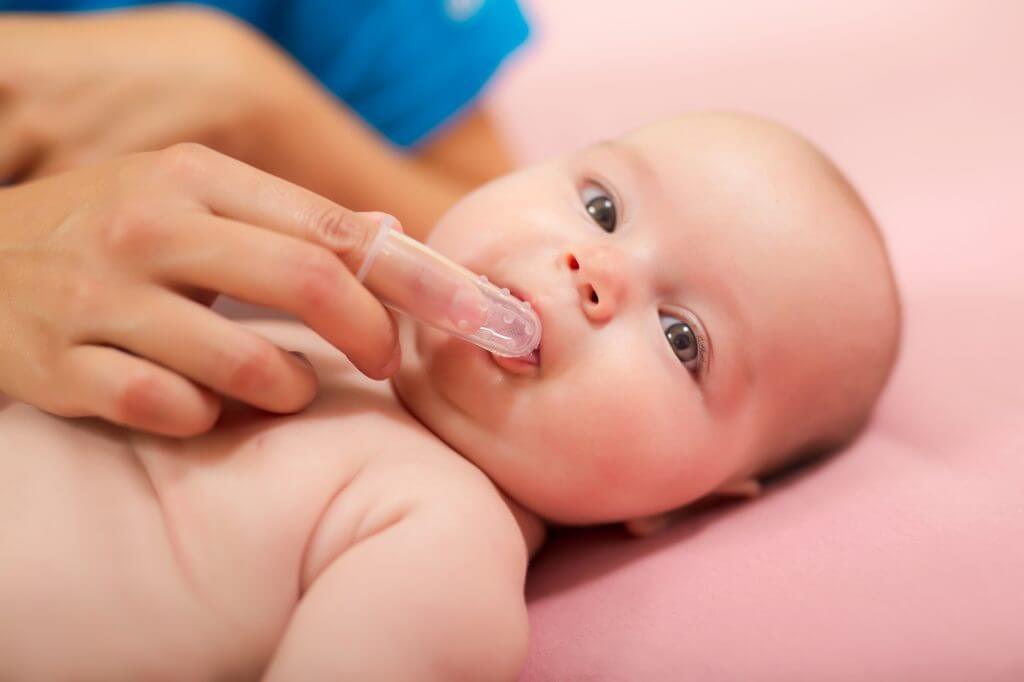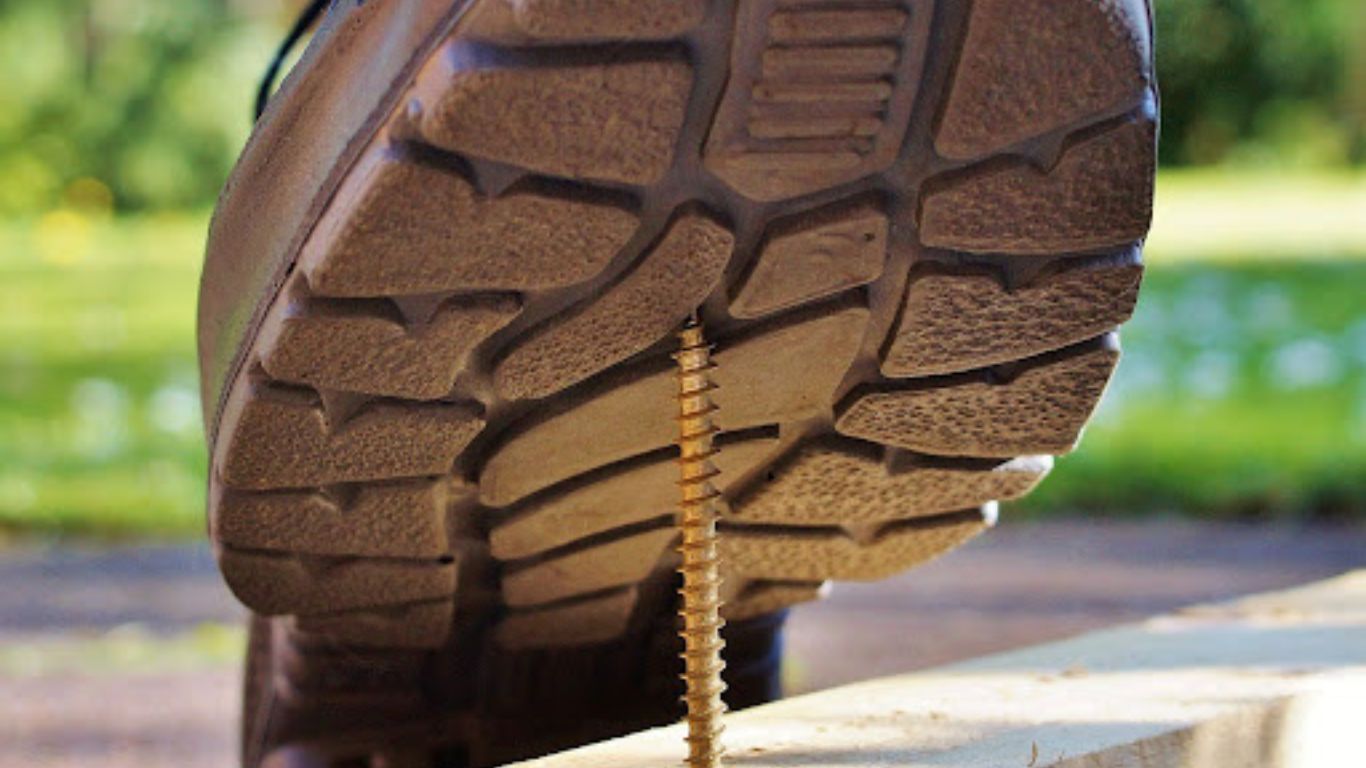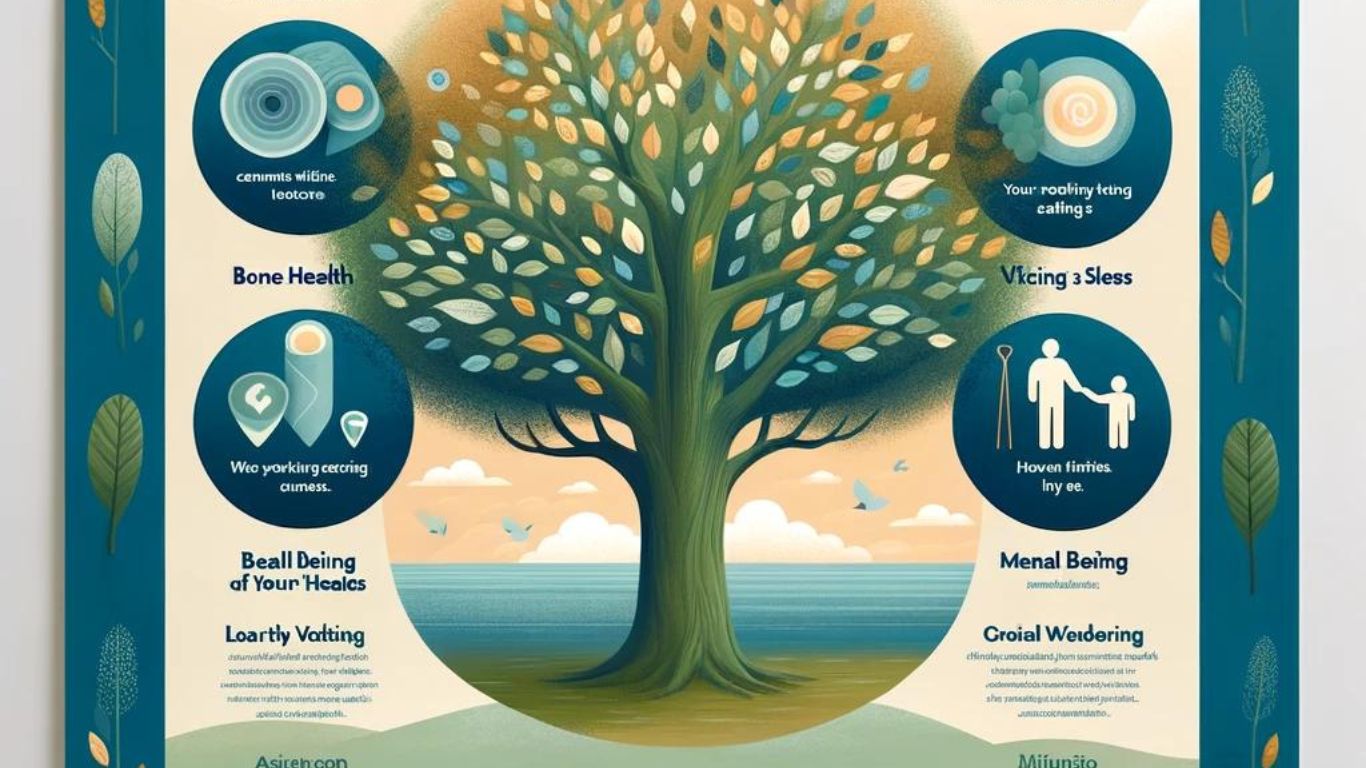Care for the baby begins from the first trimester when the baby begins breathing within the womb since the mother and child health are directly related. As the hormonal levels fluctuate at pace during the pregnancy, so it is clearly advisable that a pregnant woman must visit a dentist for a routine check up and anticipatory guidance. Prevention ensures better health, reduced episodes of acute pain and saves your pocket from careless draining of your cash.
Some women need more dental health care as they might experience bleeding or swollen gums during gestation. The rate of inflammation increases at this time due to hormone variations and mild debris around teeth may trigger profuse bleeding from gums during brushing. And to manage this, safe and ideally recommended measures include cleaning, scaling and polishing that requires a definite dental visit. Feel free and relaxed to speak to your dentist. Some of the useful tips for a pregnant and lactating mother are described in the following section.
Take a balanced diet: Apart from including fruits and vegetables for essential nutrients, vitamins( specifically A, C, and D) and dietary supplement of folic acid remember to take minerals(calcium and phosphorus) containing products like milk, cheese, yogurt and other dairy products and whole grains, such as oatmeal, whole wheat bread and brown rice for un-impaired development of stronger bones and teeth of the baby. A baby’s teeth start developing between the 3rd and 6th months of the pregnancy. Limit foods high in sugar, including candy, cookies, cake, and dried fruit. Drink beverages least in sugar and skip juice, fruit-flavored drinks, or soft drinks.
Morning sickness: Take short and light meals in the morning to avoid morning sickness and rinse your mouth with plain water after vomiting to prevent the acid attack on your teeth and save them from getting worn away by acid erosion.
Brushing: Make it a habit to do the basics: Brush twice a day, floss once a day and get your cavities restored as early as possible in the first trimester, so that you don’t transfer bacteria(maternal Mutans Streptococci reservoirs) to your kid during a simple act of sharing a spoon.
Xylitol chewing gums: according to the studies, mothers using xylitol chewing gum can prevent dental caries in their children by prohibiting the transmission of MS.
Stay hydrated: Mothers should take enough water or fluids, especially if breastfeeding. Since a dry mouth is prone to cavities.
Teething: Normally, teething occurs when the first baby tooth pops up at around 6-10 months(lower central incisors) and appears to continue till 25-33 months(upper second molar) erupts while the first permanent tooth comes at 6 years( first lower molar) when the shedding of baby tooth begins. To cope up with teething pain, irritation or mild fever you can massage baby’s gums with chilled cucumber or cold wet cloth and use teething rings. You can also give acetaminophen on a rough night but do refuse teething tablets or benzocaine gels.
Breastfeeding: The American Academy of Pediatric dentistry recommends breastfeeding for the first year only; the World Health Organization extends it for two years of a baby’s life considering the benefit of exclusive breastfeeding associated with the reduced risk of baby bottle tooth decay or nursing bottle caries.
Bottle feeding: Baby bottle caries occur if a baby is put to bed with a bottle containing formula, milk or fruit juice for prolonged hours. If you are giving infant formula or other milk substitute containing sugar, then always clean your baby’s teeth with wet clean cloth or gauze. Well, it’s advisable that you keep your baby’s mouth clean by wiping it after fews days of birth everyday.
Fluoride: The mother can use a fluoridated toothpaste approved by the American Dental Association and rinse every night with an alcohol-free mouth rinse containing 0.05% sodium fluoride to help reduce plaque and foster enamel remineralization. 2 years old children’s teeth should be brushed twice daily with a smear of fluoridated toothpaste and a “pea-size” amount of paste for children 2-5 years of age.AAPD recommends that children should see a pediatric dentist at 1 year to make sure that all teeth are developing normally and also establish a “dental home” and future comfort for the kid.
Bad oral habits: Harmful habits like thumb/digit sucking, bruxism, abnormal tongue thrust, mouth breathing) may apply undesirable forces to teeth and jaws. It is important to understand that these habits must be managed at an early age to intercept skeleto- dental discrepancies like forwardly protruded teeth, incompetent lip seal or breathing difficulties.










